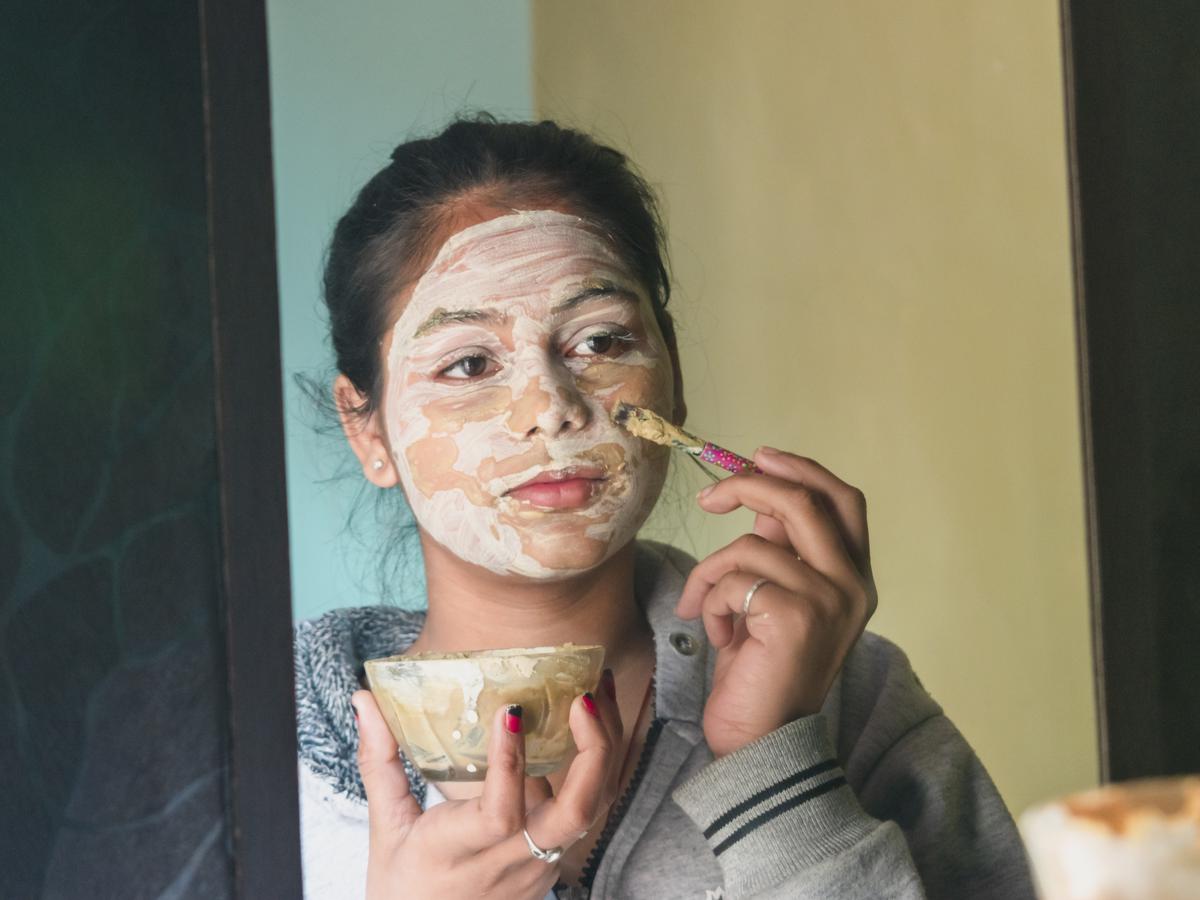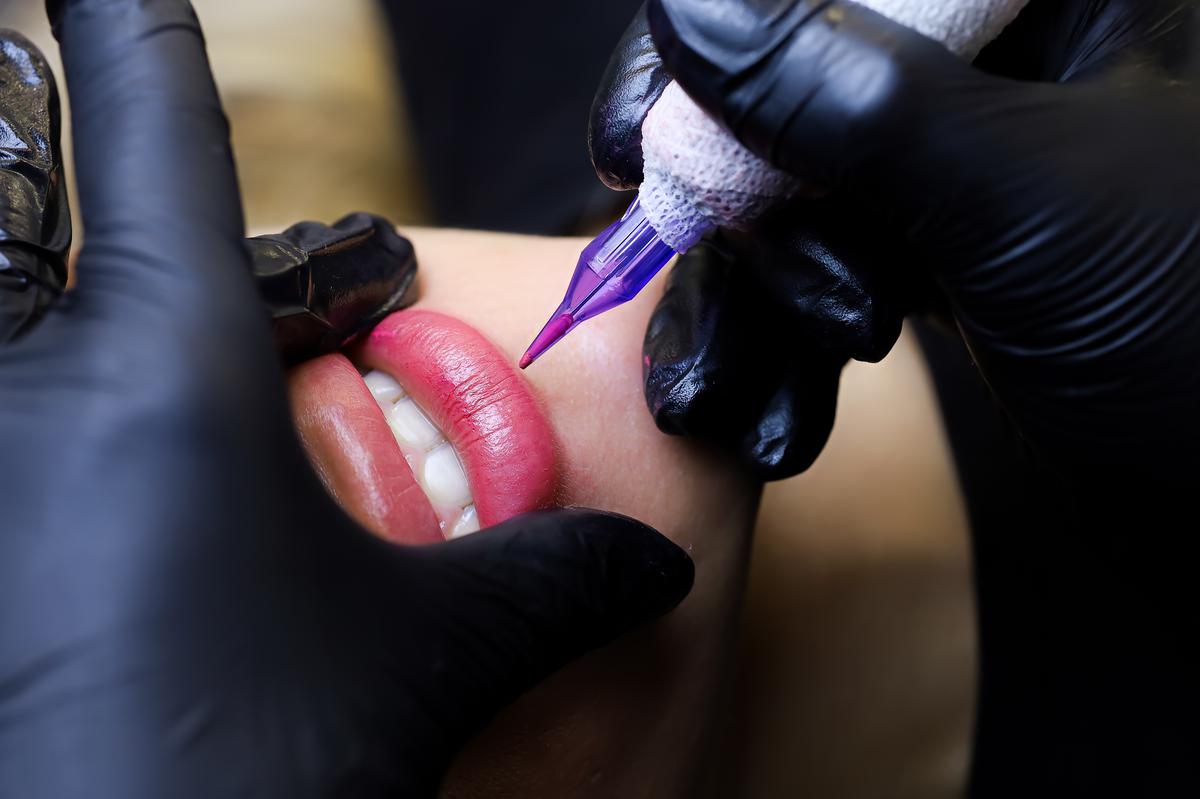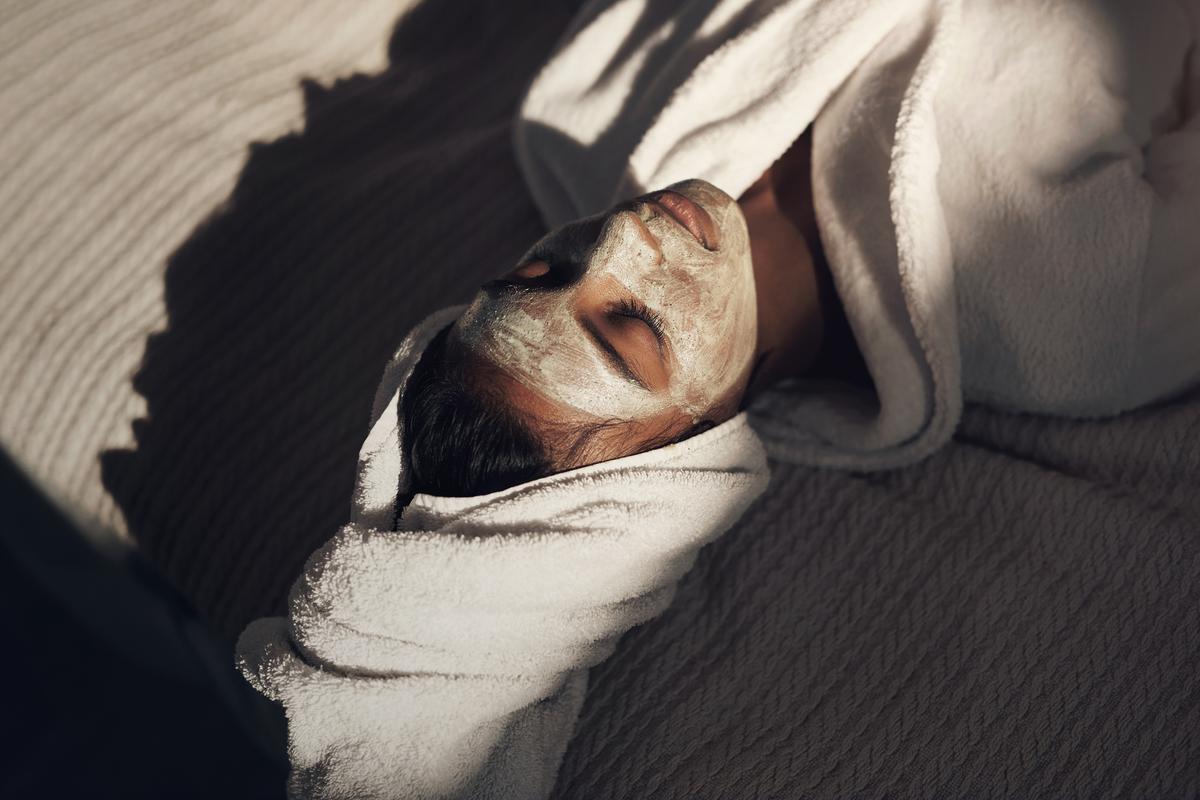Bottomless scrolling on Instagram or TikTok for perfection also perpetuates unrealistic beauty standards
| Photo Credit: Getty Images
Social media has always taught people to erase all flaws. It is a landscape where beauty reigns supreme, and perfection seems just a filter away. However, this bottomless scrolling on Instagram or TikTok for perfection also perpetuates unrealistic beauty standards, wreaking havoc on one’s self-esteem, mental health, and collective perception of beauty.
Social media platforms, such as Instagram and TikTok, have become arenas of competition, prompting more people to alter their appearance, from using Photoshop and makeup to even plastic surgery to fit in. The French government recently took a significant step towards promoting body positivity by promoting an ‘anti-filter’ Bill, that will make it mandatory for influencers to disclose the use of filters and Photoshop. The law requires any commercial photos that had been retouched to make a model’s body appear thinner or thicker to be labelled “photographie retouchée” (retouched photograph) to indicate it to viewers. It also bans the promotion of plastic surgery.

Social media is the reason why people want instant solutions to serious issues like hormonal acne
| Photo Credit:
BHUPI
Due to the impact of social media, people are trying really hard to alter their appearance with quick remedies to fit in. Emphasising this point, Dr Shwetha Rahul, founder of Hydra Dermatology, Chennai, says, “There are so many misconceptions when we come to the topic of skin and body. Social media propagates this concept of even skin tone throughout the body, which is a huge myth. There are a lot of patients who come and say that they are okay with their skin colour but need it to be even throughout.”
Mind matters
The damaging effects of social media more often than not includes mental health issues, and to reduce that impact, we need a collective awakening. Dr Alok Kulkarni, senior consultant psychiatrist at Manas Institute of Mental Health and Neurosciences in Hubballi, Karnataka ,says, Dr. Alok Kulkarni, “Young people often get influenced by social media, which can result in comparison and ensuing feelings of diffidence, inferiority and low self-esteem. In some cases, this can result in clinical depression. People with diagnosed body dysmorphic disorder are especially at risk. Striving to meet these beauty standards can lead to distress and unwanted anxiety. It can also cause significant social and functional impairment.”
She says, “People often ask for “glow” which is a term that has a different meaning for each individual. This is one problem, dermatologists all over India have been facing since the social media boom . Glow can mean hydrated skin, whiter skin, or skin without hyperpigmentation. Each individual perceives it differently because everyone has a different filter that makes them look flawless.” Shwetha adds that no remedies seem to satisfy clients. “Social media is why people want instant solutions to serious issues like hormonal acne. Fifteen to 18-year-olds are using retinol these days to avoid aging just to fit into society’s bracket of ‘beautiful,” she explains, adding how she

Due to the impact of social media, people are trying really hard to alter their appearance with quick remedies to fit in
| Photo Credit:
Roman Choknadiy
has seen cases in which already existing skin issues like eczema have aggravated due to the usage of Internet-recommended products.
Prableen Kaur Bhomrah, a Mumbai-based influencer with over 313K followers is known for creating unfiltered content around skin and body positivity. “Being comfortable and happy in your skin takes a lot of courage. It took me a lot of time to be comfortable in my body and realise that if we don’t love ourselves, we cannot expect other people to make us feel good about ourselves,” she says, adding, “There have been times when people have commented horrible things on my posts. It hampered my confidence and self-esteem, so I decided to make unfiltered content to encourage other people to be confident and beautiful. ”
Body-positive influencers like Diksha Singhi (with 124K followers)are seriously changing the game. With her photos and videos of workout sessions, she creates content that openly calls out fat-shamers by replying to trolls through her stories and reels challenging fatphobia and showing people that happiness does not have a shape. “My mother and sister were my mirror to the idea of body positivity. My mom has so many scars on her stomach due to a caesarean birth. She has been on this journey where she has lost and gained weight many times. Even my sister used to be insecure about her arms even when she was at her thinnest. Just because someone does not fit into society’s version of ‘beautiful’ does not mean they are not’,” says Diksha.
Diksha also mentions that when she started her journey on Instagram in 2017 content creation was not as popular as it is today and there were very few bloggers whose primary focus was aesthetics. But when she began sharing her story, so many people resonated with it. There was a powerful community of women who began sharing their own experiences in the comments, which drove her to make content.
She adds, “The fact that so many people connected with my story when I started sharing it on social media made me realise it wasn’t just my narrative. All plus-sized people are not necessarily ‘lazy’. It is okay to be in a particular body shape and wear whatever you want. Always make the negativity around you motivate you, not make you feel small.”

Shot of a young woman giving herself a facial at home
| Photo Credit:
PeopleImages
With a strong Instagram family of 52.4K followers, Aishwarya Kandpal is a multi-talented digital content creator who wears many hats: videographer, director, and unfiltered skin and hair care content creator. “We have a lot more to do in life other than just look a certain way. All of us are talented in some way or another; having a loud voice of our own and our appearance shouldn’t stop us from doing everything we like and living life to the fullest,” she says.
Aishwarya talks about how she started her skincare journey by documenting her story of severe acne and the experiments that people should not do with them. She adds that something like this needed a louder voice, so she decided to stick to her no-filter projects strongly. “There have been times when people have commented saying, ‘What’s the point of your skincare if you still have acne.’ After my acne got better, people started picking on my moles, which are genetic. With the beauty industry getting more competitive by the day, these things are inevitable. As human beings, we are not programmed to deal with hate healthily. So the best way to stop getting affected by negativity is to ignore it,” she adds.

